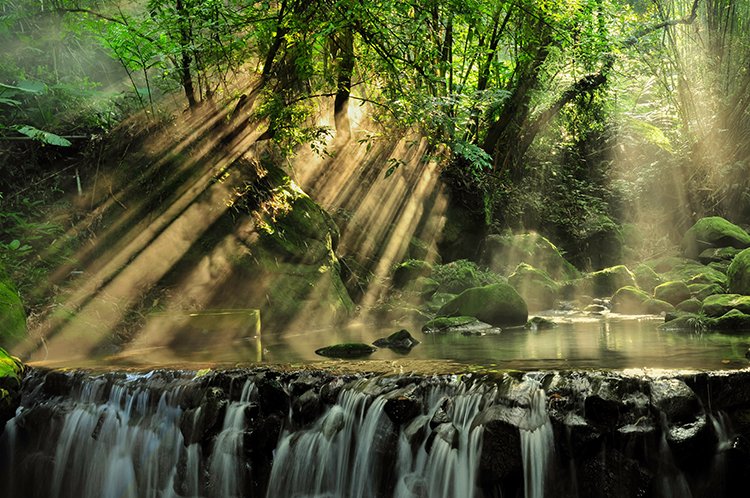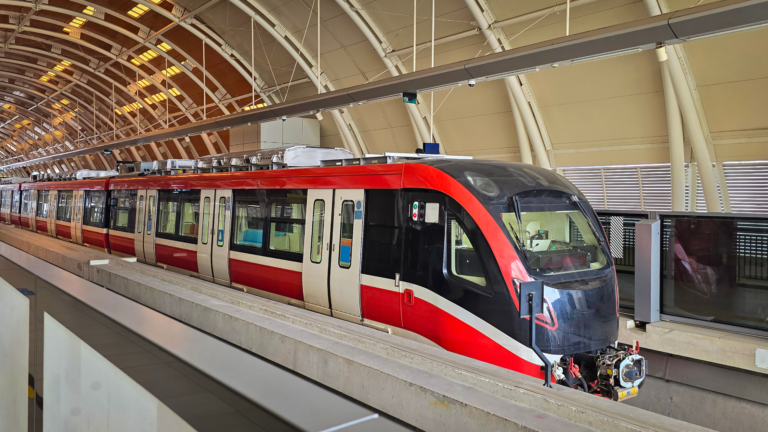
I recently wrote a piece for Gapura Bali about newly issued regulations for clean energy and electric vehicles in Bali. If all goes well it could be an exciting time for green investments in Bali. Here’s a version of it here.
The new clean energy regulations focus on 5-priority programmes, which include power generation and use, the development of environmentally friendly transportation, and the development of the Polytechnic and the Center for Clean Energy Studies in the Regency of Bangli.
Renewable energy
The first of these is Regulation No.45 / 2019, which aims to fulfil Bali’s energy needs using environmentally friendly and renewable energy sources.
The regulation has an impact on Bali’s property sector and real estate industry as it highlights the need to develop zero energy buildings using environmentally friendly building materials, energy efficient electrical devices, transportation and solar power roof systems. Water usage, wastewater treatment and recycling are also covered.
You can make a difference!
Anybody investing in property in Bali should really be looking at how they can make a difference by trying to minimize their footprint and maximize their eco-impact. And now the Governor has signed new regulations to encourage it, there’s no excuse why you shouldn’t get involved.
The initial focus however, looks like it’s going to be central and regional government buildings, as well as commercial, industrial, social and household buildings with a floor area of more than 500-square meters.
Koster said solar powered roof systems will be installed between 2021 and 2024. Let’s hope so!
Be part of the solution
Industrial, commercial, and mall buildings with floor areas of more than 1,000-square metres, resorts with a land area of more than 3,000-square metres and 4-star (and above) hotels that use electricity sourced from clean energy will be entitled to a special green electricity tariff.
It’ll be interesting to see how this actually roles out as PLN don’t have the best reputation for getting behind green initiatives as much as they could, or should.
Maybe if enough people made a noise they’d listen some more.
Electricity suppliers will also have to convert from coal and/ or oil-fired power plants to clean energy power plants.
Koster appears to be determined to reduce coal-based electricity supplies and is committed to making sure this initiative works. “For me, this is not a discourse, I will run it, I do not want to do something that cannot be done,” he told local news wires.
Green is the new black!
According to Mongabay, investors who will be involved in this energy transition are BUMN (state owned enterprises), private companies and regional companies including PT Gas, Pertamina, Indonesia Power, and the private sector.
Koster welcomed the involvement of private companies so long as the technology was right and the price competitive, but long-term success will need support from local communities.
And this is where we see investment potential.
If you’ve got ideas send them to him … turn his inbox green!
Get together with like minded people and make a difference!
Nyoman Suwarjoni Astawa, General Manager of PLN Bali Distribution Main Unit, said there were already investors, naming Medco Energy and Solar Philippines who were involved in the first and to date, largest solar power plants (PLTS) auctioned by PLN.
The investment is reportedly valued at around IDR 500 billion and two plants are expected to be operational in Karangasem and Jembrana by 2021.
Electric vehicles and charging stations
The other significant regulation is Pergub Bali No.48 / 2019, which focuses on the Use of Battery Based Electric Vehicles (KBL).
The bill is focused on preserving “Bali’s natural environment, supporting government programmess for energy efficiency and reducing pollution in the field of transportation,” claim local news wires. It also paves the way for ensuring the readiness of the necessary infrastructure for electric vehicles in Bali.
Key to the success of this initiative is to use local content and providing incentives for owners and users of Battery-Based Electric Vehicles.
Koster said there would be special zones in the major tourist areas of Kuta, Sanur and Nusa Penida for electric vehicles, but this must be supported by suitable infrastructure from PLN. Astawa claims PLN has 127-public filling stations for motorcycles and two for electric cars.
I’ve written about this before and in my humble opinion this is only going to work if there are enough public recharging stations. Like thousands of them! If they’re on every street corner more people are likely to engage and the whole initiative will gain momentum.
Koster added that he has invited two companies, Gesit Motor (a private company) and Wijaya Karya (a state owned enterprise) to lead the way and a production target of 30,000 units a year has been set. Gapura Bali reported on Gesit Motor and the electric vehicle revolution in October and if all goes to plan it could have a very positive impact.
As with the clean energy regulation, the electric vehicle bill will be phased in, first targeting government agencies, regional management authorities and state owned enterprises as well as those companies engaged in public transportation services.
Sources: Mongabay, Bali Plus, Coconuts Bali, Bali Post, Bali Top News, Gapura Bali
Adapted from an original post in Gapura Bali.
#cleanandgreen #bali #sevenstonesindonesia #ecofriendly #greeninnovation #greeninvestment #baliindonesia #ecoinvest #savetheplanet #balicleanandgreen #investindonesia #invest2020 #invest

















